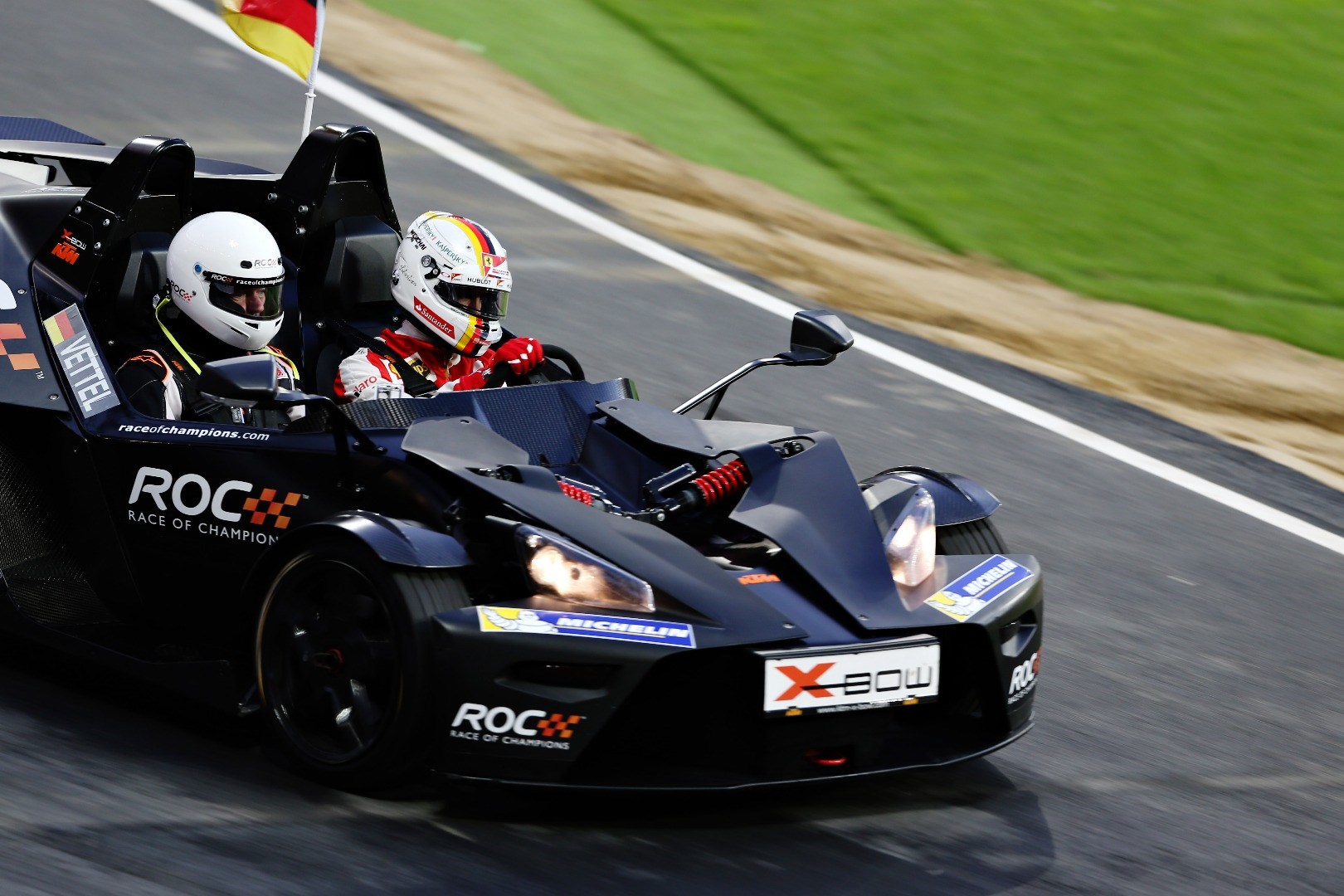KIWI DRIVERS WOULD BE STRONG COMPETITORS IN SPORT
By my reckoning it is now 90 days to go until the start of the Olympic Games in Rio de Janeiro, with its 28 sports, 41 disciplines and 306 events.
As much as the Olympics grabs everybody’s attention surely not all the sports on the list need to be there.
Rugby sevens and golf are the latest additions and, along with tennis, dressage, synchronised swimming, beach volleyball and a few others, I can think of no good reason for them to be there.
Good sports but Olympic sports? I think not.
The original Olympic games of the modern era, held in 1896, had a pretty minimal selection of sports with track and field, swimming, wrestling, fencing, weightlifting, cycling, gymnastics, shooting and oh yes, tennis.
The next games, held in 1900, saw an explosion of sports with a few odd ones ‘‘unofficially’’ included, like ballooning, fire-fighting and kite-flying together with the more normal sports of underwater swimming, croquet and cricket.
Shooting made its first appearance, but using live pigeons as the targets instead of clays.
That only happened once.
“Unofficially” included were motor racing and motor cycle racing. So, now we are talking, serious sports.
 Sebastian Vettel won the “Race of Champions” that could become an Olympic blueprint. Picture / Supplied
Sebastian Vettel won the “Race of Champions” that could become an Olympic blueprint. Picture / Supplied
I propose that one of the most popular, widely contested sports be included from now on: motor racing.
There is a suitable track or two near every upcoming host city so the venue is not a problem. That would save huge amounts of money with not having to build a new facility but what to race and who races in what and for whom?
The cars would need to be a generic model so no Formula 1 for a start and I can’t see Mercedes, Ferrari or Red Bull making their cars all exactly the same for the competition.
No sponsors or advertising either so that kills F1 completely.
Should they be rally-style cars in a sort of rallycross format?
In the light of the recent success of Kiwis Hayden Paddon and John Kennard, that would suit us perfectly but it would exclude the likes of Scott Dixon or Fernando Alonso.
Perhaps a GP2 or GP3 car would be good and then Mitch Evans, Richie Stanaway or Nick Cassidy would shine, but that cuts out the likes of Shane van Gisbergen and Scott McLaughlin. So — a V8 Supercar or, as it will soon be known, a car from “the Virgin Australia Supercars Championship” (now there is a catchy title).
Nope, can’t do that either I’m afraid, far too commercial with all the sponsors and manufacturers. That would also apply to the drivers from Nascar and you certainly have to include the US in all of this.
Perhaps take a leaf out of the books of other sports and have not just one discipline but a multi-faceted approach.
A single-seater event in say a generic GP2 car with the same tyres, same engine, same everything for all, with a gold medal for that and then a similar event for a generic rally car, a sports car and an off-road car. Another gold medal could be awarded to the winner of a stadium finale in the same vein as the “Race of Champions“ Sebastian Vettel won last year in the London Olympic stadium.
The blueprint is already established, with this event attracting stars, men and women, from almost every arm of the motor-racing world and from every continent, all driving identical cars on an indoor track and all done in just two short days and in front of tens of thousands of people.
What more do you want?
By using the same stadium that traditionally holds the track-and-field events it would save millions of dollars for the host nation by getting rid of the horse arenas, the specially built rowing lakes, the football and rugby grounds, the expensive swimming pools and many of the specialised facilities that are never used again.
By the simple act of re-introducing one of the founding (almost) Olympic sports of the modern era and getting rid of the peripheral “johnny-come-lately” minority sports, the Olympic movement could save any future host nation millions of dollars.
Sometimes I think I live in a fantasy world!




